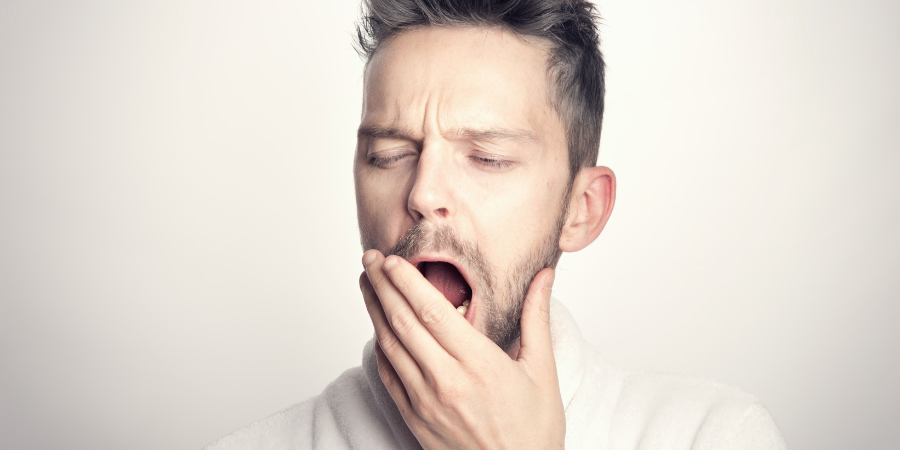
Written by:

Medically Reviewed by:
Last Updated:
October 7th, 2025
Ecstasy detox
Many people see ecstasy as a “party drug” that is harmless and not addictive. But behind the short-lived highs are very serious risks to your health, including a real risk of addiction. Many people underestimate the impact of ecstasy until they find that they can’t live without it. Before long, ecstasy addiction can start to affect your sleep, mood, memory, relationships and even your long-term mental health. Ecstasy detox is the first step to resetting your life, repairing any harm already done and preparing for the subsequent phases of ecstasy rehab treatment.

What is ecstasy detox?
Ecstasy detox, which takes place during the primary care programme at UKAT, in the simplest sense, is when you stop taking MDMA so your body can process all the remaining drugs and toxins that have built up inside you. This first stage of recovery is crucial because it helps resolve acute dependence before you start therapy and look at underlying struggles.
Ecstasy changes the way your serotonin system works, which is a chemical in your brain that controls your mood, sleep and memory. Once your brain gets used to having ecstasy in your system, those changes become your “normal state”, so taking ecstasy away leaves the brain struggling to readjust. On top of that, many people develop a psychological habit of using ecstasy to feel confident or enjoy nights out, making quitting even more difficult.
If you have tried to stop before, you may already know how intense ecstasy withdrawal can feel and may have relapsed because of the symptoms. This can be very frustrating, but if you have the right knowledge and a team of experts guiding you, the chances of getting through withdrawal increase dramatically.
How to detox safely from ecstasy
Detoxing from drugs like ecstasy on your own can be a tough and risky experience, but doing it like this is far more dangerous and exhausting than it needs to be. At UKAT, ecstasy detox is delivered by experienced teams who know how challenging the process can be. We run nine rehab centres across the UK that provide tailored inpatient ecstasy detox programmes.
Our teams include doctors, nurses, psychiatrists, therapists and other caring staff who work together from the day you arrive until you leave. Because each centre offers slightly different support, we encourage you to get in touch so we can guide you to the best option. We will support you through withdrawal and guide you straight into therapy, giving you all you need for sustained recovery.
When you arrive, you will have a full check-up so we know exactly what you need. Our doctors will ask about how much ecstasy you have been using, whether you’ve also been drinking or taking other drugs, and if this is your first time trying to quit. We will also look at your physical and mental health so your detox plan covers everything that matters.
Once detox starts, if your withdrawal symptoms change, your plan can change too. That may mean more emotional support, medication for anxiety or insomnia, or just making sure you are eating and drinking enough.
The moment you’re through the worst of withdrawal, you will then move straight into therapy without needing to leave the centre.
What are the benefits of ecstasy detox?
If you have been using ecstasy for a while, you are probably already at the point where the “fun” doesn’t feel the same anymore. The comedowns often last for days on end, and your energy and thinking can decrease significantly, making it harder and harder to keep up with everyday life. Even if you only take ecstasy now and then, a break can make a huge difference and make you feel more like yourself.
If you are addicted to ecstasy, one of the biggest dangers is the effects on your mental health. Heavy ecstasy abuse can cause depression, anxiety, paranoia, mood swings and constant memory problems. Ecstasy detox can help your brain recover and prevent any dangerous complications like deep depression and suicidal thoughts.
Regular ecstasy use can also cause exhaustion, dehydration, sleep disruption and even damage to the heart or kidneys. Stopping gives your body time to repair, with improvements in energy, hydration, sleep quality and overall physical wellbeing all being seen in just a few weeks.
Ecstasy abuse can also cause distance with friends or family, due to late nights, financial problems, risky behaviour or secrecy. Detox is the first step to repairing trust and reconnecting with the people who matter most.
Many people also mix ecstasy with alcohol and other stimulants or take depressants to help with the comedowns. All of these raise the risk of dangerous reactions, overdoses, and a multi-substance addiction. Ecstasy detox helps reduce these risks, so you are not putting yourself in danger.
What is ecstasy withdrawal?
Ecstasy withdrawal is what we call the reactions of your brain and body to detox. It happens mostly because of sudden changes in serotonin levels and lasts until all the drugs are out of your system and your brain has remembered how to work without ecstasy.
Psychological ecstasy withdrawal symptoms often include:
- Feeling depressed or hopeless
- Anxiety
- Irritability
- Cravings to use again just to feel normal
- Struggling to concentrate or remember things
- Feeling like you can’t socialise or enjoy yourself without ecstasy
Physical ecstasy withdrawal symptoms include:
- Tiredness
- A complete lack of motivation
- Restless nights
- Vivid dreams
- No appetite
- Headaches, muscle aches and stiffness
- Sweating
- Dehydration
If you have been mixing ecstasy with alcohol or other drugs, withdrawal can be even more unpredictable and sometimes dangerous. With proper support, though, these symptoms can be managed, and you will have a much better chance of staying on track.
How long does it take to detox from ecstasy?
Predicting the exact symptoms of ecstasy detox and ecstasy withdrawal timeline is not an exact science because everyone has a slightly different reaction. However, there are some common patterns which can help both you and our team to prepare:
What ecstasy withdrawal medication is available?
There isn’t a magic pill that clears ecstasy from your body with no discomfort, but doctors can prescribe different medicines to make the withdrawal stage much easier to cope with.
Here is how medication for ecstasy withdrawal can help:
- Mood support: If withdrawal leaves you feeling anxious, depressed or on edge, short-term medication can help take the edge off so it doesn’t all become too much.
- Sleep aids: Trouble sleeping and strange dreams are very common ecstasy withdrawal symptoms. In some cases, mild sleeping tablets may be used so you can get proper rest.
- Craving management: While no medicine stops cravings completely, certain prescriptions could potentially reduce their strength and make them easier to ride out.
- For agitation or paranoia: If ecstasy withdrawal makes you feel especially unsettled or paranoid, medication can calm your system and keep you safe.
- Supplements and hydration: Because ecstasy often drains your body, vitamins, minerals and fluids may be given to help you bounce back faster.
Not everyone will need medication, but our doctors will assess your individual needs and decide whether they can help you. If you also have a prescription for another condition, our detox teams will make sure you get your medicine at the right times every day.
Tips for a successful ecstasy detox
Detoxing from ecstasy can feel daunting, but the right choices and support can make the process much smoother. Here are five key tips that can help you get through withdrawal safely and set yourself up for long-term recovery:
Contact us today to begin inpatient ecstasy detox
You may feel stuck right now, but ecstasy detox can be the start of real and lasting change. UKAT’s teams have helped so many people let go of ecstasy and reclaim their lives, and we can do the same for you. Call us today to begin your detox journey or simply to find out more about how we can help. Together, we will take the pathway to recovery, one step at a time.




